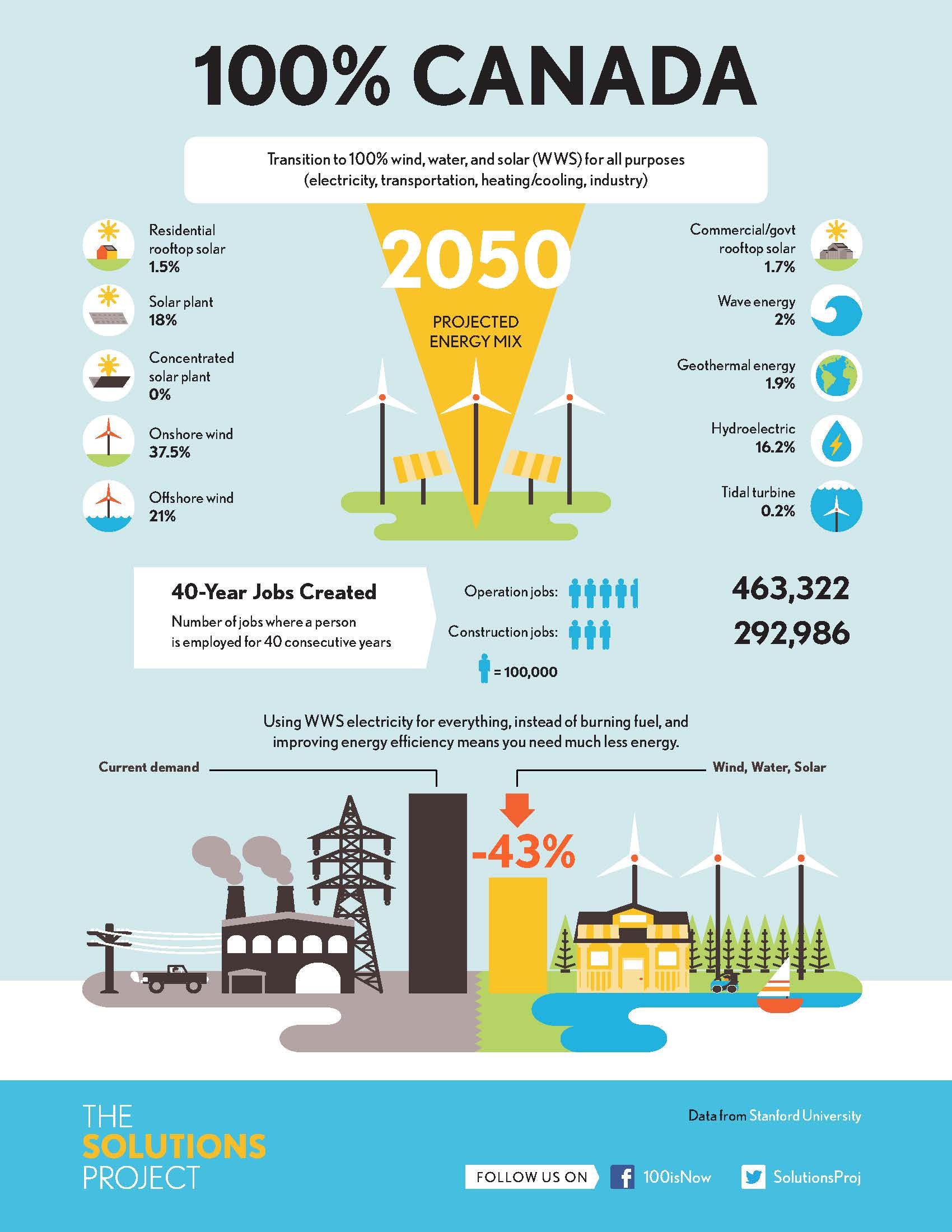From 2001-08, financial speculation and a manic belief in insatiable demand helped oil prices leap six-fold and the economy of Fort McMurray, Alberta, boomed, with many knock-on effects through the broader Canadian economy.
After the bust, Fort McMurray residents have been paying the price for misplaced confidence, debt-fueled spending, and a backward-looking concentration on energy, transportation and infrastructure premised on fossil fuels. See From binge to bust: A Canadian oil town lines up at the food bank:
“Ten years ago, about 2,000 people came by every month for jars of peanut butter and cans of soup. Now, he and his staff help feed four times that. Before, the clientele was mostly folks struggling to pay rents that shot up during the oil boom. Today, it’s often men and women who were living high before the bust. Sometimes, they pull up in shiny pickups purchased just a year or two ago
…Fat paychecks and generous overtime earlier this decade fueled big spending on customized pickups and million-dollar homes. With work drying up, the bill has come due.
…Too many made a lifestyle based on an economy that wasn’t sustainable.”
Fort McMurray home prices have already fallen 44% since 2012, and consumer insolvency filings led national trends with a 39% increase in 2018.
The rest of Canada has been duly warned. The sell crude and lever up household incomes with debt for destructive consumption is not a sustainable driver for the national economy. Meanwhile, we’ve fallen behind in innovation and investment in the products and services that are. As explained by Eric Reguly on Saturday, Big oil blew it by not becoming big energy:
“…if Big Oil refuses to change, change will be thrust upon it.
…The direction of carbon taxes has only one way to go, and that’s up, which is really bad news for Big Oil and Big Coal. Activists like Ms. Thunberg have, in effect, given politicians the green light to make life more difficult for fossil fuel companies. Canada’s next government will find it hard to keep carbon taxes at inconsequential levels. BP had the right vision almost two decades ago with its “Beyond Petroleum” campaign. Too bad it had no stamina to see it through. If it had, it would be praised today. Instead it and its rivals are being demonized.
Still, it’s not too late for Canada to see the light and be the global evolution underway. It’s happening with our without us; we might as well benefit than stagnate and suffer. See Canada must focus its research to maintain its prosperity:
“Our leaders should be prepared to align our national values with a specific set of grand challenges – such as climate change, cancer, infectious disease and sustainable transportation – and focus our research on subsets of those, while there is still time.”
Two-thirds of the global population today live in a country where wind and solar power is already the cheapest form of new electricity capacity, see Rise of renewables may see off oil firms decades earlier than they think. Forward-looking workers in the energy patch and related sectors are embracing the opportunity. See Oil workers call for renewable energy training for just one example. Also see America’s ‘Green Economy’ is now worth $1.4 trillion, about 7% of U.S. annual GDP and 16.5% of the green economy worldwide.
As engineer Mark Z. Jacobson at Stanford’s Solutions Project has been explaining for years now (watch this 2016 clip; the cost of renewables has fallen significantly more since then), Canada can transition to 100% renewable energy systems with critical cost savings, inves tment and job growth. On the left, is the summary of how. The blueprints have already been completed, and Mark is living in a house and driving a car that costs zero to power, and in fact, generates excess energy, which he sends to the grid each month. Canada can too:
tment and job growth. On the left, is the summary of how. The blueprints have already been completed, and Mark is living in a house and driving a car that costs zero to power, and in fact, generates excess energy, which he sends to the grid each month. Canada can too:
“Canada has a huge wind resource. You can power the country on its own with wind many times over…The cost of wind right now, in the United States, it’s the cheapest form of electric power by far….
“All new cars that are bought should be electric cars, all new homes should have electricity for everything… and for industry we need all new technologies to be electric.”


